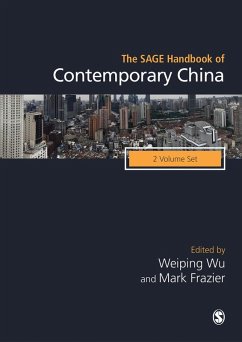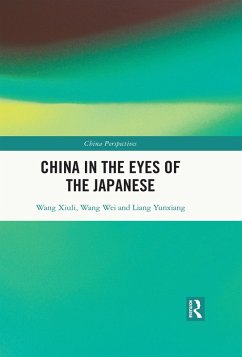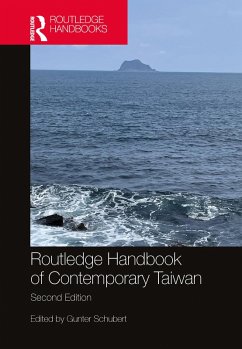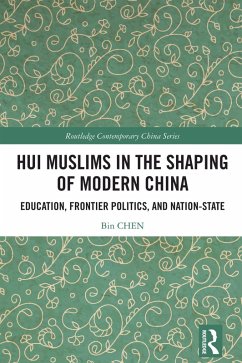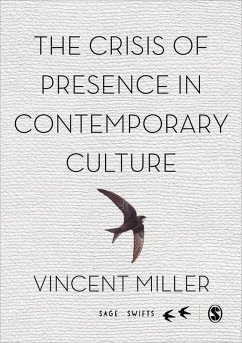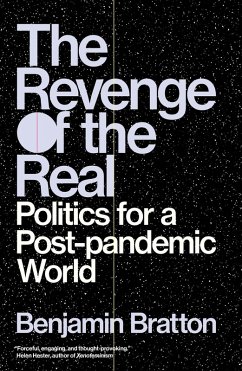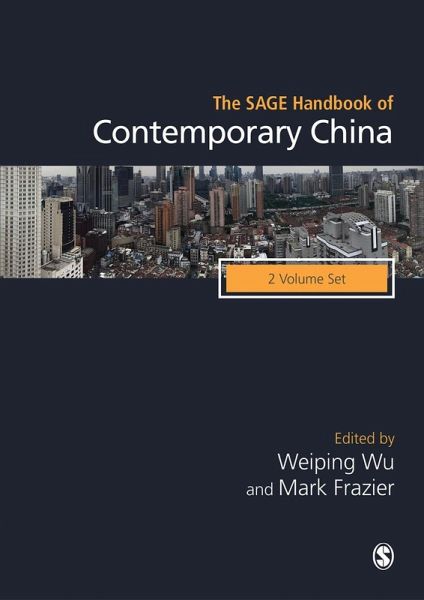
The SAGE Handbook of Contemporary China (eBook, ePUB)
Versandkostenfrei!
Sofort per Download lieferbar
202,95 €
inkl. MwSt.
Weitere Ausgaben:

PAYBACK Punkte
101 °P sammeln!
The study of contemporary China constitutes a fascinating yet challenging area of scholarly inquiry. Recent decades have brought dramatic changes to China's economy, society and governance. Analyzing such changes in the context of multiple disciplinary perspectives offers opportunites as well as challenges for scholars in the field known as contemporary China Studies. The SAGE Handbook of Contemporary China is a two-volume exploration of the transformations of contemporary China, firmly grounded in the both disciplinary and China-specific contexts. Drawing on a range of scholarly approaches fo...
The study of contemporary China constitutes a fascinating yet challenging area of scholarly inquiry. Recent decades have brought dramatic changes to China's economy, society and governance. Analyzing such changes in the context of multiple disciplinary perspectives offers opportunites as well as challenges for scholars in the field known as contemporary China Studies. The SAGE Handbook of Contemporary China is a two-volume exploration of the transformations of contemporary China, firmly grounded in the both disciplinary and China-specific contexts. Drawing on a range of scholarly approaches found in the social sciences and history, an international team of contributors engage with the question of what a rapidly changing China means for the broader field of contemporary China studies, and identify areas of promising future research. Part 1: Context: History, Economy, and the Environment Part 2: Economic Transformations Part 3: Politics and Government Part 4: China on the Global Stage Part 5: China's Foreign Policy Part 6: National and Nested Identities Part 7: Urbanization and Spatial Development Part 8: Poverty and Inequality Part 9: Social Change Part 10: Future Directions for Contemporary China Studies
Dieser Download kann aus rechtlichen Gründen nur mit Rechnungsadresse in A, D ausgeliefert werden.




